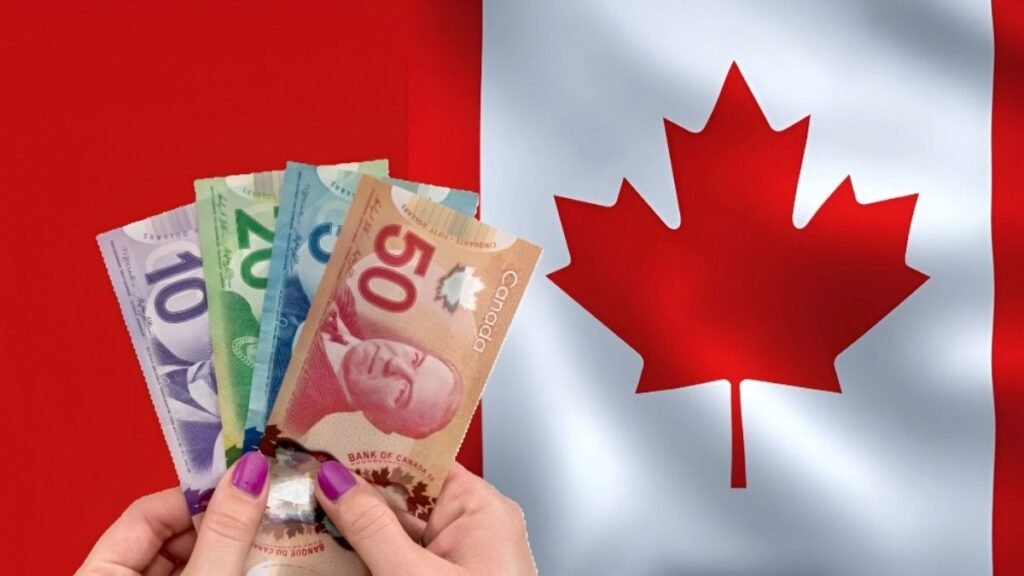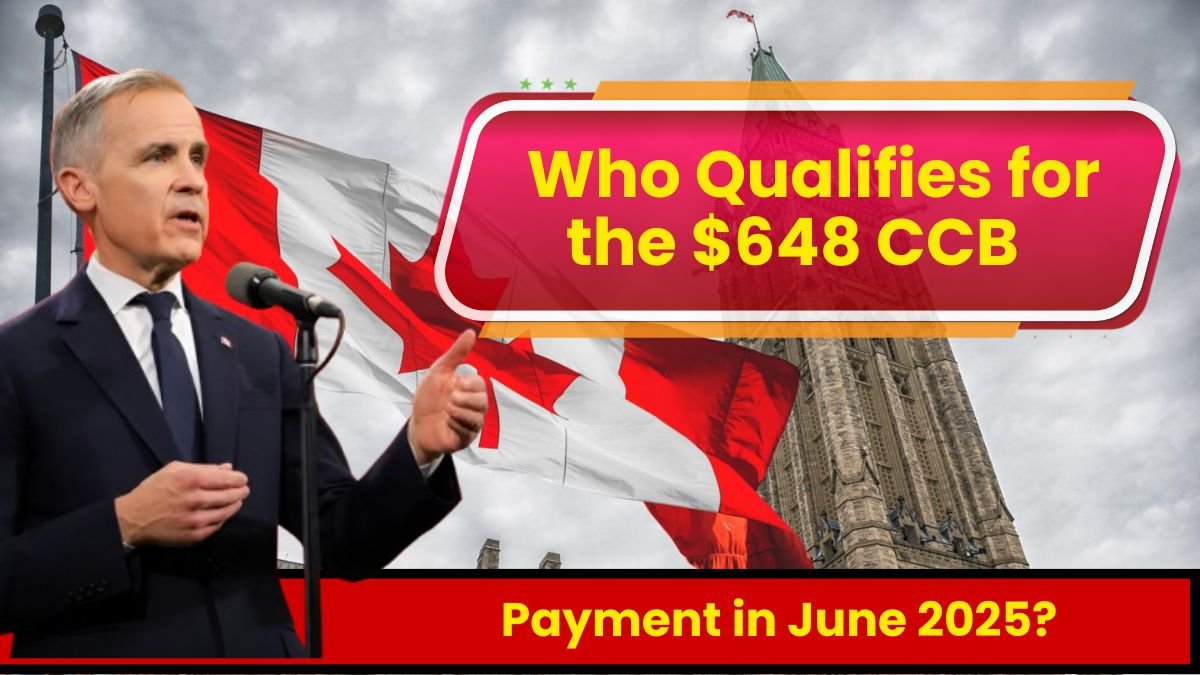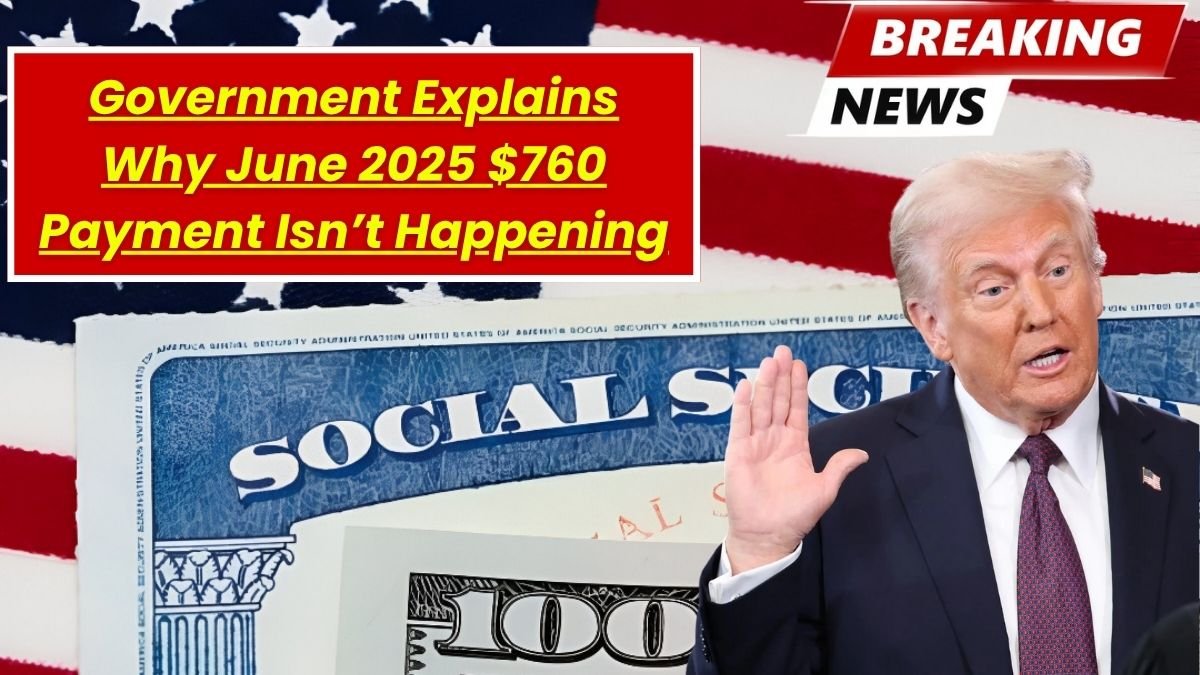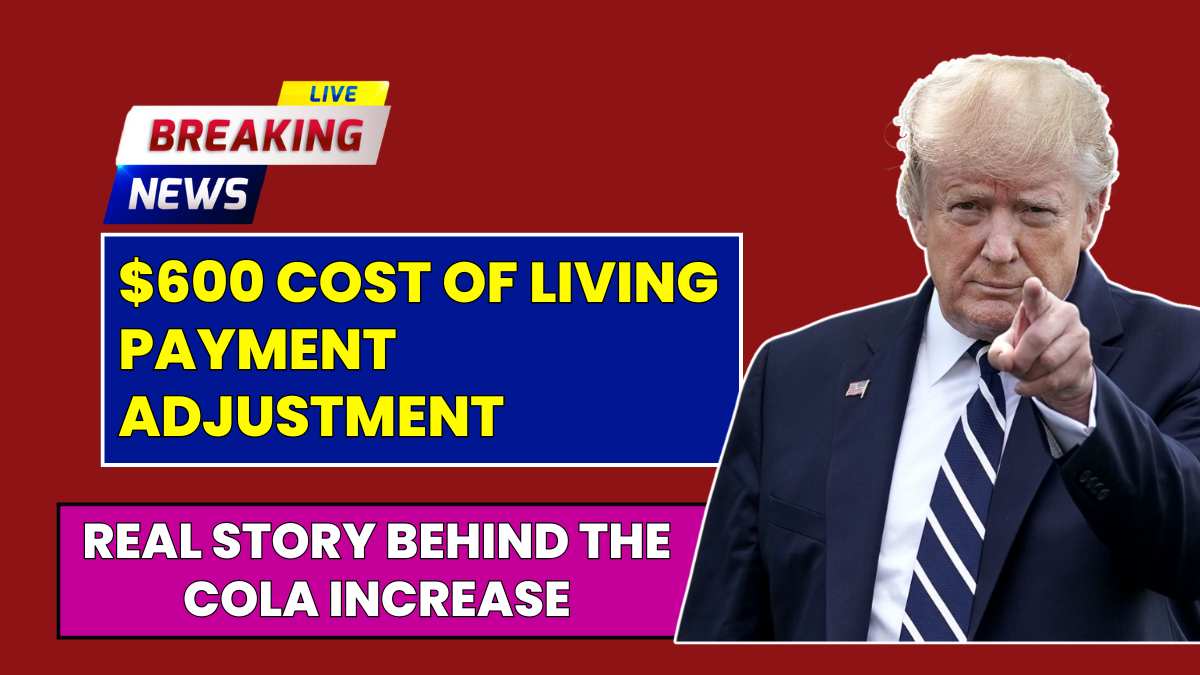The Canadian government has initiated this action to assist working Canadians in alleviating the effect of rising inflation and cost of living. The federal government has announced a one-off tax-exempt rebate of $250 to be paid for sometime during spring 2025. According to the government, the Canada Revenue Agency (CRA) will make the payment to almost 18.7 million recipients.
This rebate is part of a larger economic assistance plan presented by the government in its Fall 2024 update. The assistance, in this case, is introduced in relief for those citizens who are contributing to the economy.
Overview of the $250 CRA Rebate
The Canadian government unveiled a one-time rebate to relieve citizens of rising inflation and daily expenses of up to $250. This will directly reflect to the concerned people’s accounts via the CRA (Canada Revenue Agency) by spring in 2025. Interestingly, there will be no application required for it – the amount is issued automatically to those who will qualify. This rebate is tax-free-that is, the entire amount shall be deposited directly into the bank account. It is meant to offer little financial relief to working Canadians who constantly assist their country in building the economy. Be it rents, groceries, or bills, this amount could, in a way, indeed help cut down on the financial burden.
What is the significance of this rebate?
Canada’s economy has grown enormously over the years. Food items, rents for accommodation, fuel, and sundry other basic necessities are always rising in prices. Under these conditions, the rebate can therefore serve as a small but meaningful relief to these individuals who are earning.
Further, this amount is tax-free; hence the whole 250 dollars will reach the beneficiary without any deductions, leaving it up to him to spend on groceries, utility bills, transport, or any emergencies.
What are eligibility requirements?
Eligibility criteria have been formulated and specified by the government to channelize the benefits for the right beneficiaries. The list of these eligibility criteria is given below:
| Criteria | Details |
|---|---|
| Residency | The individual must be a Canadian resident and physically present in Canada on April 30, 2025 |
| Income Threshold | Net income in 2023 must be $150,000 or less |
| Tax Filing | 2023 personal tax return must be filed by December 31, 2024 |
| Contribution Record | Must have contributed to CPP/QPP and EI/QPIP on earned income |
| Legal Status | Individual must not be deceased or incarcerated for 90 or more days before April 1, 2025 |
Eligibility for anything corresponds to any income earned through full-time, part-time, or self-employment. A person who does not meet the said conditions will not be able to access this payment.
When will this payment be issued?
As of yet, the CRA is unclear on the actual date for such disbursements but will surely start doing it sometime in spring 2025. For those who have a CRA account linked to “Direct Deposit,” this money may arrive a bit earlier; while those who recorded only a mailing address will be paid through check, which might take some time.
| Payment Method | Estimated Delivery Time | Important Notes |
|---|---|---|
| Direct Deposit | Begins Fall 2025 | Ensure bank details are correct in CRA My Account |
| Mailed Cheque | Begins Fall 2025 | Make sure your mailing address is updated with CRA |
The payment will be delayed or missed if your bank details or address have not been updated.
What will ensure payment?

This will be an automatic payment, but you still need to take care of a few important items to make sure you receive it on time:
- File your 2023 tax return before December 31, 2024.
- Keep bank account and address information updated in CRA My Account.
- Verify your CPP/QPP and EI/QPIP contributions.
- Keep checking notifications on the CRA website or in your CRA My Account.
Taking these few simple but vital steps ensures the CRA gets your total and accurate information and that there is no barrier in the way of payment.
An Exclusion List
This rebate aims widely at citizens working, but still, some might just not get it. There might be some special reasons behind this:
- The person’s net income in 2023 was more than $150,000.
- The 2023 income tax return was not filed before the deadline.
- The required contribution to CPP or EI was not made by that person.
- Information available with the CRA is old or incorrect.
- The person would have died before April 1, 2025, or would have been in jail for over 90 consecutive days.
- If any one of these reasons is applicable, the payment will not be received, or else it will definitely be delayed.
Don’t let this chance pass by!
This $250 will benefit truly those in the working population of Canada who contribute to the tax system. Finances can get tough for many, and this little amount is expected to provide great relief.
The major plus here is that there is no formal application. The CRA will automatically furnish this amount to those worthy. Just pay your taxes on time, keep your accounts updated, and pay close attention to the information given by the CRA.
Conclusion
If you are one of the working Canadian citizens who fit the conditions mentioned above, then this rebate is for you. It is a gesture from the government recognizing your contribution. By taking the required measures in time, you can actually get this one-time benefit with ease. This rebate, at this time, can serve as a lifeline to many.
FAQs
Q1. What is the $250 CRA rebate and why is it being given?
A. The CRA is offering a one-time $250 rebate to ease financial stress on working Canadians. It’s part of a broader economic relief plan for 2025.
Q2. Do I need to apply to get the rebate?
A. No application is needed. If you meet the eligibility criteria, the payment will be deposited automatically by the CRA.
Q3. Who qualifies for the $250 rebate?
A. Canadians earning $150,000 or less in 2023, who filed their taxes and contributed to CPP/EI, are generally eligible.
Q4. When will I receive the rebate?
A. The CRA will begin disbursing payments in fall 2025, with direct deposits arriving sooner than mailed cheques.
Q5. How can I make sure I get my payment on time?
A. Just file your 2023 taxes by December 31, 2024, and ensure your CRA account has updated bank and mailing details.






